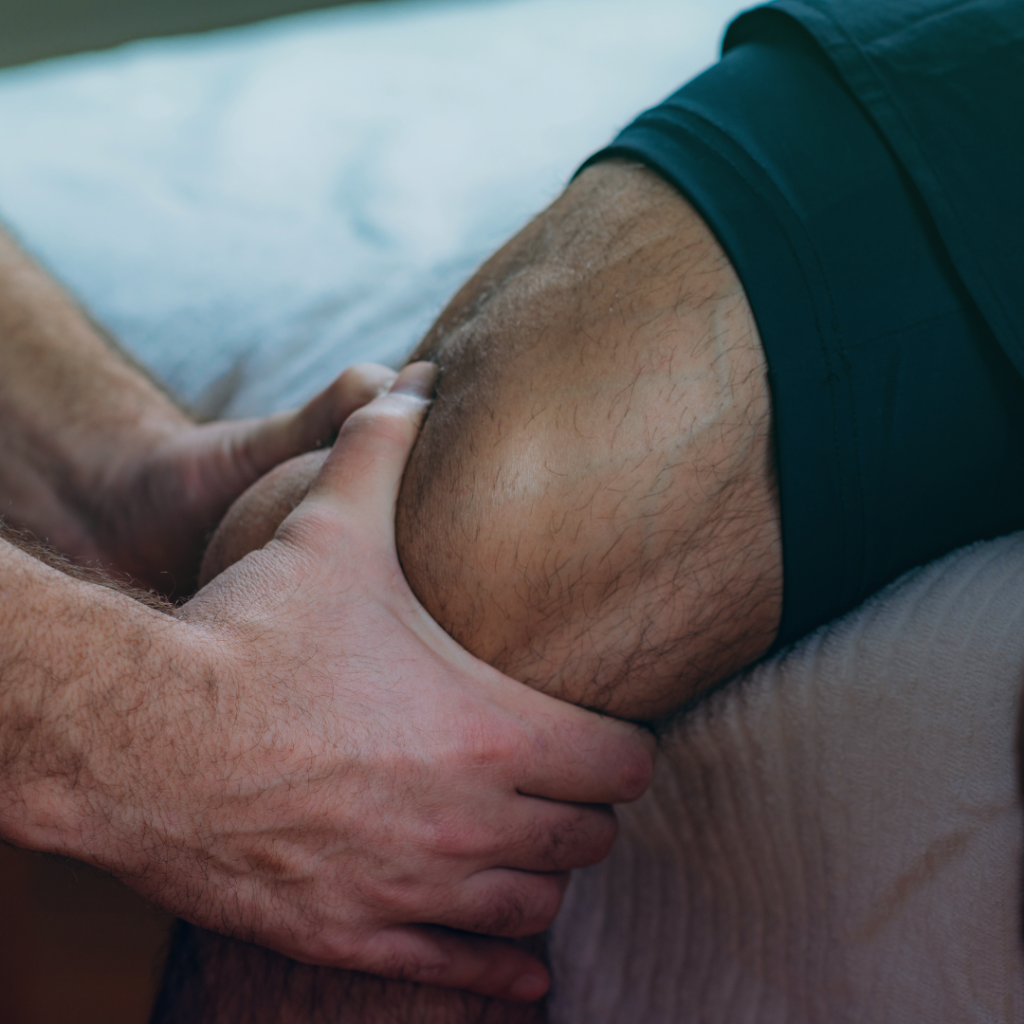Understanding the importance of sleep for recovery
Much more than a simple rest period, sleep is fundamental to recovery in general, and especially among athletes.
In fact, while we sleep, our body undertakes a wide range of activities. repair processWhether muscular, articular, bony or organic.
For example, following fractures, bone repairs are mainly carried out by during the night.
The quality of our sleep has a direct influence on cell regeneration, which in turn has a direct impact on our physical performance, our mental health and, more broadly, our health. our well-being.

The physiological benefits of sleep

1. Muscle regeneration and cell repair
During deep sleep, our body releases, among other things, growth hormones who play a key role in the muscle regeneration and the tissue repair.
This process is essential for the athletes and active peoplebecause it allows you to reconstitute the muscle micro-tears caused by exercise, from strengthen joints and improve the cardiovascular system.
2. Hormonal balance
Sleep also helps to regulate hormone production such as cortisol (stress hormone), testosterone in men, progesterone in women, thyroid hormones, and so on.
A good hormonal balance is essential for maintaining energy, motivation and overall health.
Disturbed sleep is always synonymous with fatigueThis chronic imbalance in the hormonal system, in turn, affects the following factors the individual's potential.
3. The immune benefits of sleep
During sleep, our immune system is strengthenedThis improves our ability to fight infection and inflammatory stress.
Insufficient sleep can, in the long term, weaken the immune system, rendering the body more susceptible to infection. more vulnerable to disease and infection.

The cognitive benefits of sleep
1- Improved mental acuity
Sleep plays a vital role in strengthening memoryconsolidation of apprenticeships and improved cognitive functions, such as the ability to concentrationthe decision-making and reaction times.

2- Reducing stress and anxiety
Quality sleep helps to reduce stress and anxiety levels by regulating emotional responses and facilitating better management of disturbing events throughout the day.
Sleep deprivationon the other hand, can exacerbate feelings of anxiety, despondency, annoyance and susceptibilityThis, in turn, reduces alertness and increases the risk of injury. performance.
Strategies to improve sleep quality
1- Create a regular sleep routine
Adopt a regular sleep routine going to bed and waking up at the same time every day helps regulate the body's internal clock and improve sleep quality.

2- Optimizing the sleeping environment
Make sure your room is dark, calm and cool.
Use blackout curtains, a night mask and earplugs if necessary to eliminate noise pollution.
3- Avoid stimulants before bedtime
Reduce consumption of caffeine and alcohol before bedtime and avoid the use oflight screens at least one hour before bedtime to promote production of the sleep hormone melatonin.
Avoiding screens before bedtime is particularly important for children.
4- Integrate IAKOTA products into your nightlife
IAKOTA productssuch that mattress toppers and night masksare designed to optimize sleep quality thanks to patented technology Minoxis.
This technology has two major effects:
- She reflects infrared from the body, resulting in increased blood microcirculation and cell regeneration.
- It allows you to connect mattress topper to earth (grounding), which balances the body's electrical charges, reducing inflammatory stress and improving deep sleep.
Conclusion
Sleep is undeniably the number one key to recovery.
By adopting healthy sleep habits and integrating innovative products such as those developed by IAKOTAyou'll maximize your recovery, improve your performance and, over time, build your confidence. optimal health.

